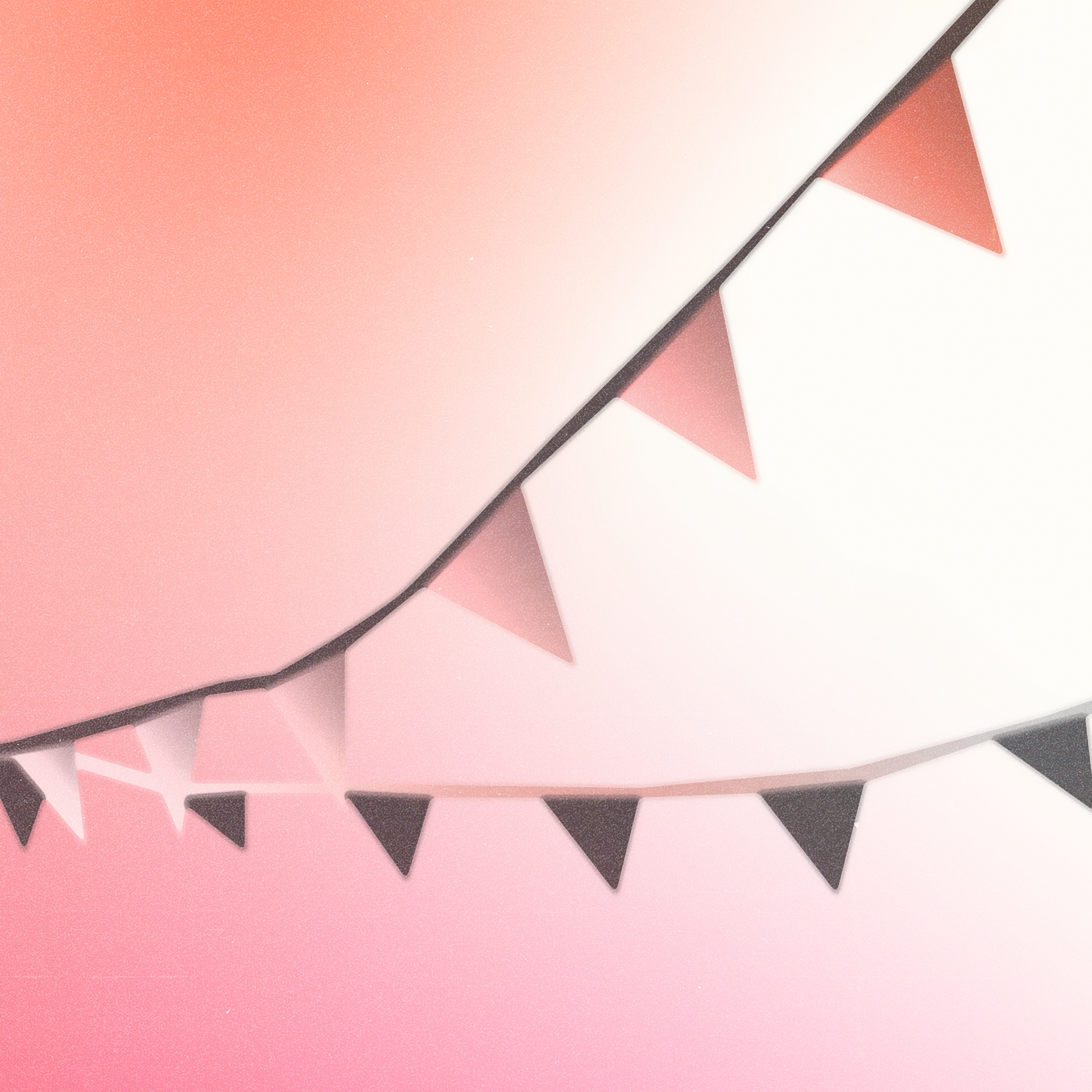Why It’s Important to Celebrate Holidays
Holidays connect us to our world and to ourselves.

Holidays connect us to our world and to ourselves.
Holidays are signposts in the journey of life. They serve as a break from our day-to-day reality and immerse us into a different, richer world. In performing the rituals of holidays, we create a unique space to acknowledge something important—a change in season, a change in our personal lives, a moment worth noticing. All of us feel the specialness holidays create, but do you know the science and history behind that feeling?
Celebrating holidays is important—as science and sociology tells us. By celebrating holidays together, we establish the kinds of connections that make life meaningful.
Why we celebrate
Holidays are a time for ritual. Rituals are the acts we perform during holidays and other repeated milestones. For example, if you celebrate Christmas, you may get together with family and friends each year to trim the tree. By getting together every year and trimming the tree, you transform action into a ritual.
“Rituals connect us to groups, they connect us to the divine, they suggest a deeper world of meaning beyond the mundane habits of the everyday,” said University of Virginia professor Vanessa Ochs in an interview for UVA Today.
Rituals as a societal practice
These rituals are important. Sociologist Ria Smit, in a 2011 paper published in the Journal of Comparative Family Studies, lays out the ways rituals bind us. According to Smit, rituals create solidarity amongst those who perform them, strengthen connections between generations and affirm a common identity amongst participants.
In creating and performing rituals together, we create and acknowledge our families, communities, traditions and shared history. By celebrating holidays (and creating holidays of our own), we anchor ourselves in a specific time and context. We acknowledge, in the ritualized action of holidays, where we came from and look toward where we are going.
One participant in Smit’s study put it this way: “The special things we do together remind us and show others that our life, our family has meaning.”
The psychology of rituals
Rituals provide communities with meaning, but they also help us individually. In a 2017 paper titled “The Psychology of Rituals: An Integrative Review and Process-Based Framework,” psychologists determined that rituals function on multiple levels. Rituals help us as a community and as individuals.
As individuals, rituals help us regulate our emotions. Performing rituals can distract us from negative thought processes and put us in a calmer frame of mind. As the researchers noted in their study: “The successful completion of a ritual acts as a signal to the self of one’s control over a situation.” Rituals help us feel more in control, in an uncontrollable universe.
But rituals also function on a communal level. They help us to feel more connected to those around us, deepening our bonds. The researchers noted previous work which tied “group rituals to positive social outcomes, such as cooperation, social cohesion, and perceived social support.” By performing actions together, we feel better about our communities and each other.
Holidays are the performance of shared, communal rituals. And, in performing these rituals, we create meaningful bonds with our loved ones, our community, our history and ourselves. Holidays create memories and those memories give life meaning. However you observe a holiday, by celebrating, you are participating in a shared history that gives life structure, purpose and value.
Summary
Holidays are more than an excuse to get together. They add structure to our lives and create a shared and communal history that ties us to our past and future while giving us purpose in the present moment. Holidays are a vehicle towards a more connected and meaningful life.
— Holidays are made of rituals, actions made important by continued and solidified practice.
— Rituals connect us to our communities, our families and our shared history.
— Rituals soothe us, helping make sense of an often confusing world.